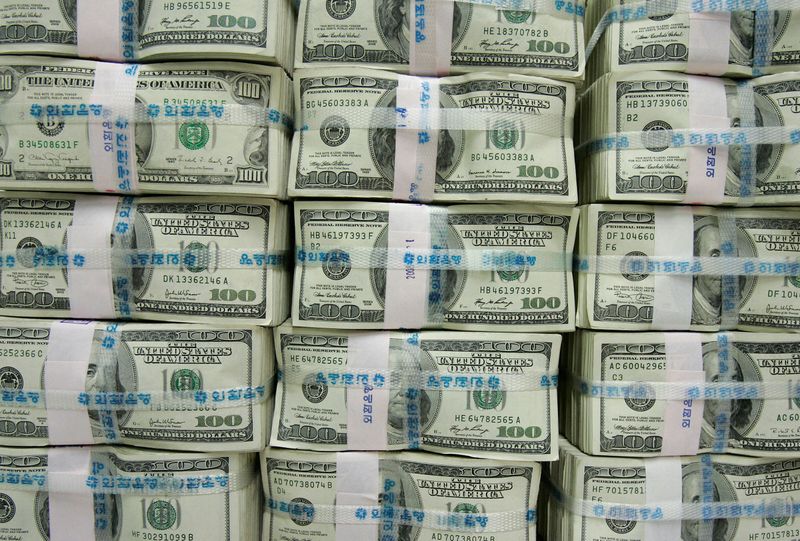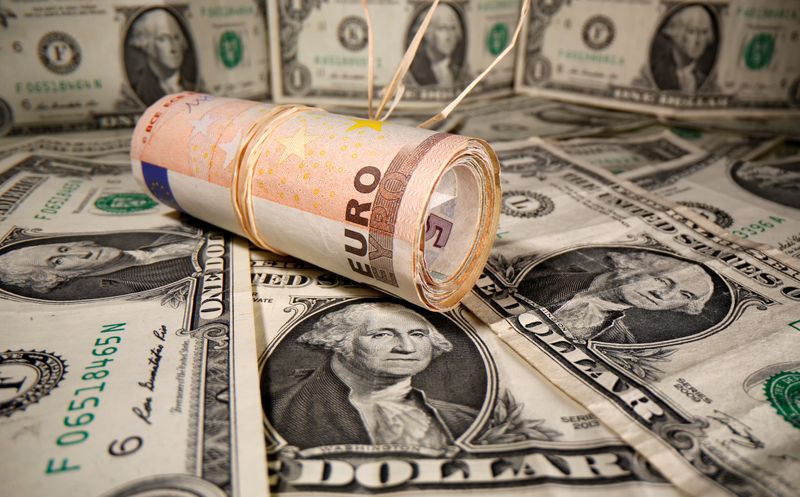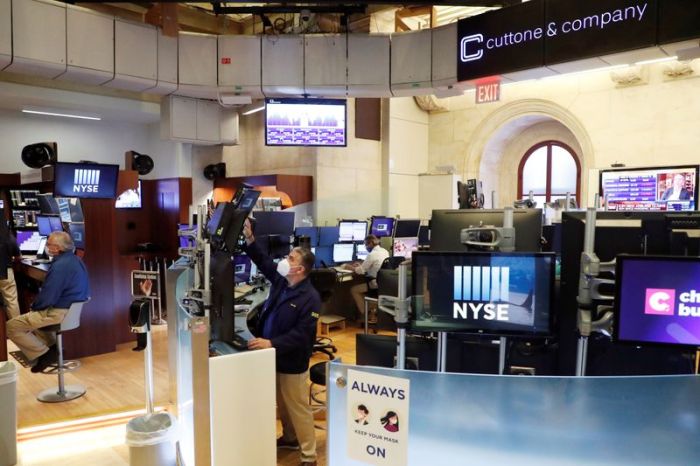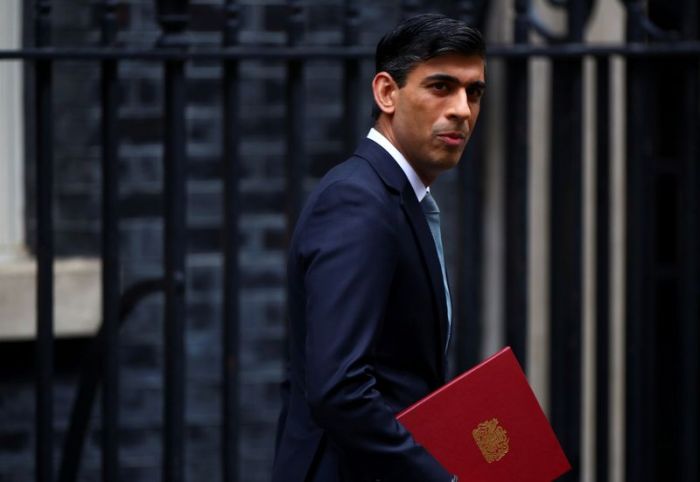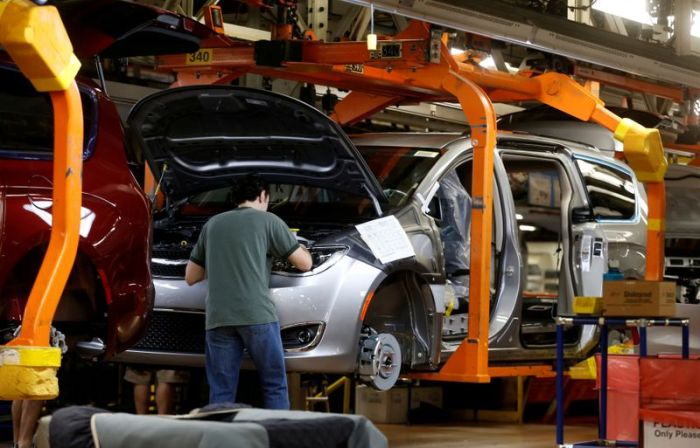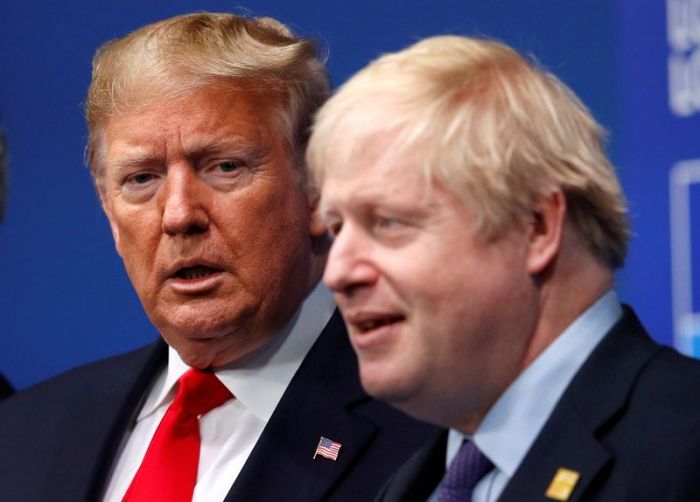Risk sentiment revived in currency markets on Wednesday as progress toward a COVID-19 vaccine helped equities rebound and commodity currencies strengthen, pushing the dollar to a one-month low.
The dollar index <=USD> fell below 96 for the first time since June, dropping to a one-month low of 95.770. It pared some of those losses in afternoon trade, last down 0.09% to 96.070.
U.S. company Moderna <MRNA.O> has produced an experimental COVID-19 vaccine that provoked immune responses in all 45 volunteers, sparking markets’ risk-on mood.
But there was still some cause for caution, with worsening U.S.-China tensions and fears about the economic impact of a second wave of coronavirus in the United States.
Florida, which has become an epicenter of the new outbreak, reported 133 new COVID-19 fatalities on Tuesday, and raised its death toll to more than 4,500.
Among the riskier commodity-linked currencies, the Canadian dollar <CAD=> was 0.73% stronger, the Australian dollar <AUD=> was up 0.43% and the New Zealand dollar <NZD=> was up 0.46%.
“The USD’s weakness was again attributed to the risk-on backdrop, which saw stocks and yields head higher, prompting the unwinding of safe-haven long USD positions. The surge in risk-taking came following news that Moderna’s experimental COVID vaccine looks promising,” wrote analysts at Action Economics.
The euro <EUR=> rose to a four-month high of $1.145 versus the dollar, close to the euro-dollar’s peak of $1.150 in early March. It was last up 0.11% at $1.141.
The single currency was boosted by a combination of dollar weakness and hopes that European Union leaders will reach an agreement about a proposed coronavirus recovery fund at the EU summit on Friday and Saturday.
“The pair has been floated by a combo of broader dollar softness, which has come amid a risk-on backdrop, and by the recent broad underpinning the euro has seen amid expectations for EU leaders to green-light the proposed 750 billion euro recovery fund this week,” wrote analysts at Action Economics.
German Chancellor Angela Merkel said in a news conference with Spanish Prime Minister Pedro Sanchez on Tuesday that Germany would push for a compromise. France believes it is possible to reach agreement on the recovery plan and budget, the office of the French presidency said on Wednesday.
(Reporting by Kate Duguid in New York and Elizabeth Howcroft in London; editing by Jonathan Oatis and Nick Zieminski)

